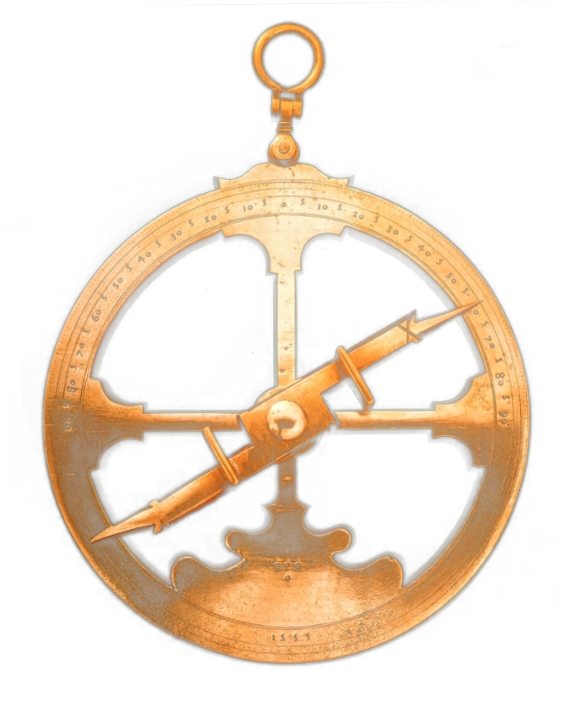11th October. David Paterson, DAS. “The Juno Mission to Jupiter”
Juno has been studying Jupiter for over 8 years, and has returned an enormous amount of data about our solar system’s largest planet. This talk will cover some of the most significant and interesting findings from the mission.
13th December 2023 : Christmas Quiz. With Jeanette Noble & Graham Young
Our regular fun quiz night.
10th January 2025. Alex Hall, University of Edinburgh. “Exploring the Dark Universe with the Euclid Space Telescope”
Roughly 7 billion years ago, the expansion of the Universe began to accelerate, and it continues to this day. Why this is happening is one of nature's great mysteries and has significant implications for our Universe's future. To address this question, the European Space Agency has created the Euclid space telescope. Euclid launched in July 2023 and will revolutionize our understanding by mapping the 'dark Universe'. In the talk, I will describe the Euclid mission, its scientific aims, and present early results that showcase the stunning image quality of the telescope.
24th January 2025. Ricarda Beckmann, University of Edinburgh. “The Coevolution of Supermassive Black Holes and Galaxies”
Abstract to follow.
14th February 2025. Linus Thummel, University of Edinburgh. “One equation to rule them all: What can space teach us about fundamental physics?”
For centuries, humans have tried to find the smallest building blocks of the world that surrounds us. Starting from the idea of atoms, to discovering quantum mechanics and searching for the smallest subatomic particles by smashing things in huge particle accelerators. Maybe it's time to look outward and study the largest instead of the smallest scales. We will use the evolution of the whole universe as the biggest natural laboratory to unravel the nature of gravity and spacetime. Is it possible to build all of science from one basic set of equations?
28th February 2025. Feng-Yuan "Frey" Liu, University of Edinburgh. “The Dark History of the Universe Revealed by JWST and Other Giant Telescopes”
Since the last century, astronomers believed they understood the evolution of the universe, i.e. how matter transformed across different epochs of cosmic history. These understandings came from galaxy surveys by generations of large telescopes, including the renowned Hubble Space Telescope. However, because these surveys mostly observed at optical wavelengths, they missed the ‘dark side’ of the universe—newly formed stars hidden by dust in galaxies. Recent research has found that this hidden star formation actually dominates the universe, a fact previously overlooked. What does this mean to our understanding of galaxy evolution? Could our current cosmology be proven wrong?
14th March 2025. Graham Young, DAS. “Some thoughts about Conjunctions”
28th March 2025 : AGM. Possibly including a brief talk or presentation.
Meetings for 2024/25 season

